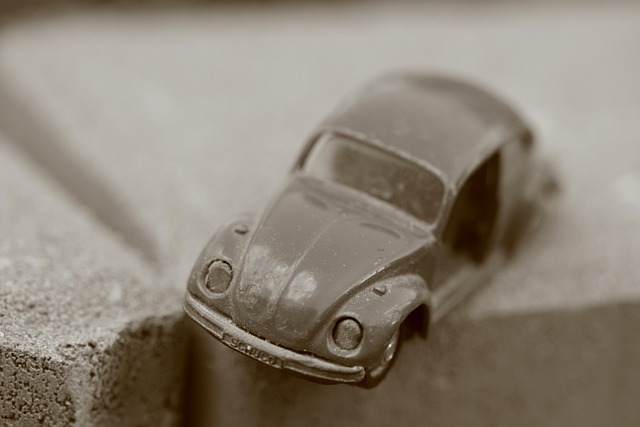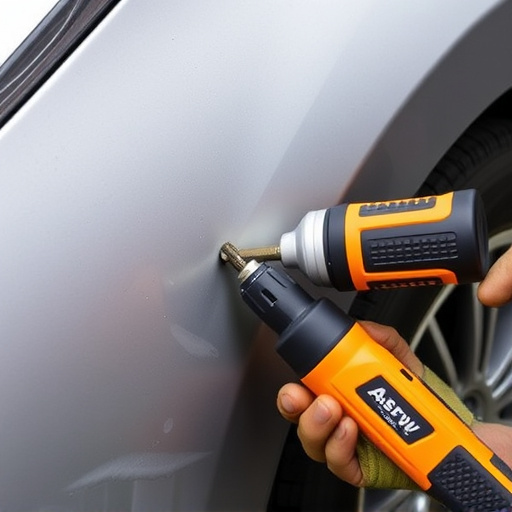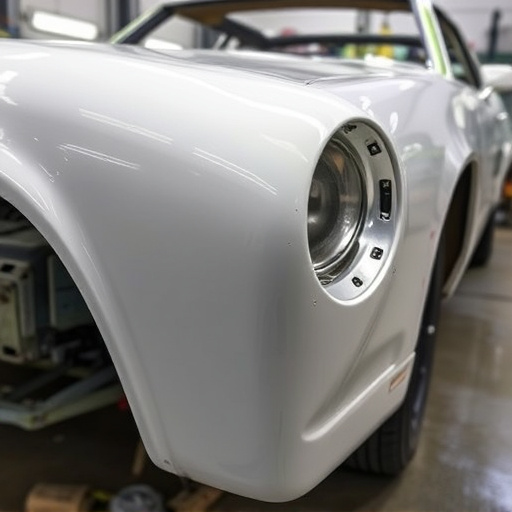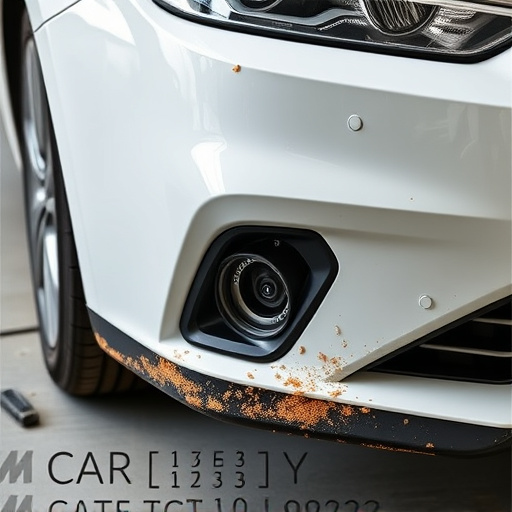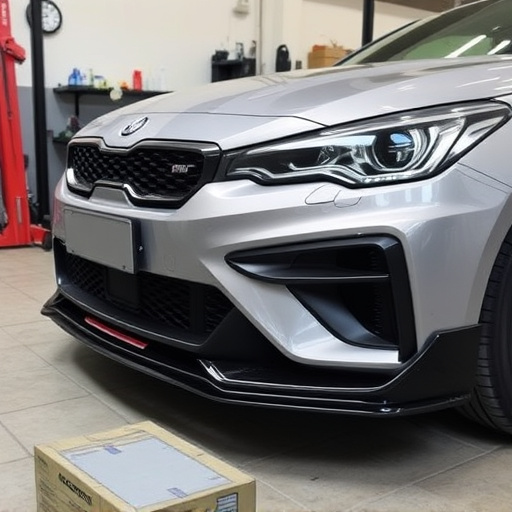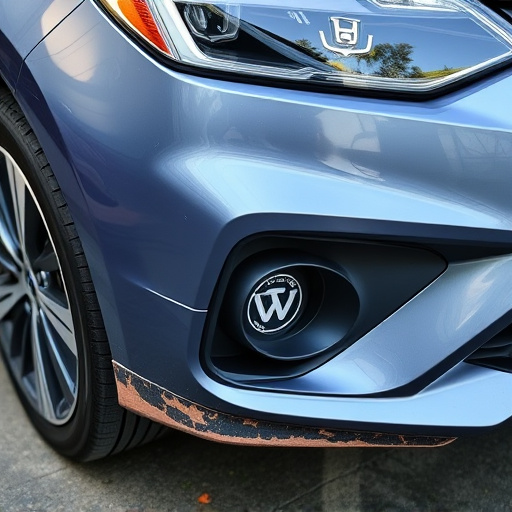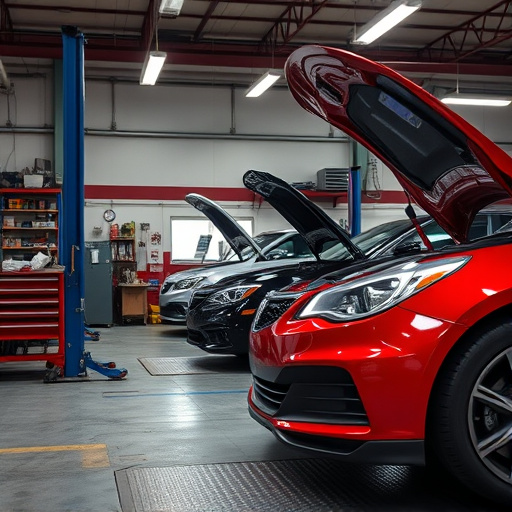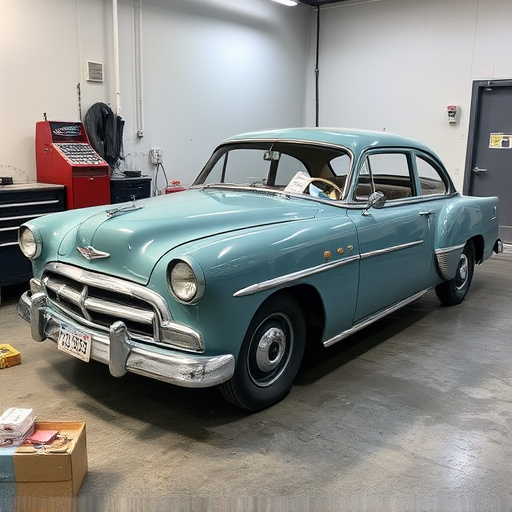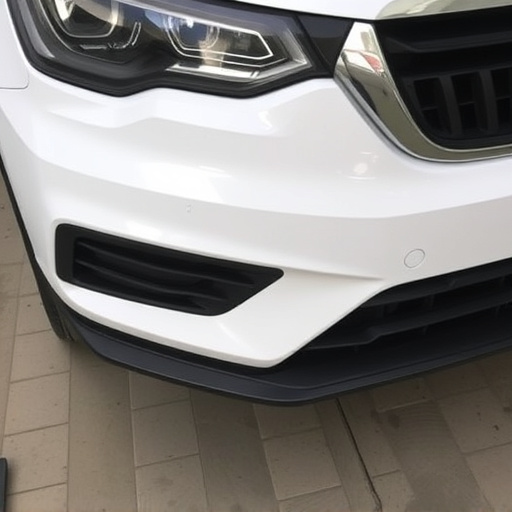Plastic welding technology has revolutionized car repair and bodywork restoration, enabling precise joining of modern lightweight plastic components. This advanced method ensures strong bonds, enhances quality, and offers efficient dent repair for complex shapes. However, it requires stringent safety measures due to plastics' unique properties, emphasizing ventilation, specialized equipment, training, and maintenance.
“Plastic welding technology has emerged as a game-changer in the auto repair industry, offering precise and durable solutions. This innovative technique allows for the seamless fusion of plastic components, crucial for modern vehicle construction. In this article, we’ll explore the fundamentals of plastic welding technology, its myriad advantages and applications across various car repairs, and the essential safety precautions that professionals must adhere to when employing this advanced method.”
- Understanding Plastic Welding Technology in Autos
- Advantages and Applications of This Technique
- Safety Precautions When Using Plastic Welding Tech
Understanding Plastic Welding Technology in Autos
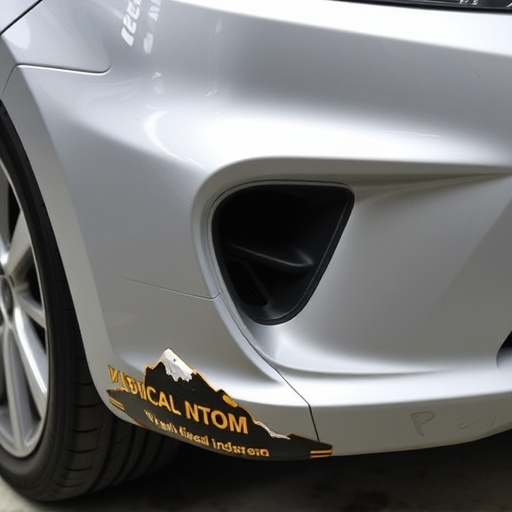
Plastic welding technology has emerged as a game-changer in the automotive industry, particularly for car repair shops and vehicle bodywork restoration. This innovative process allows for the precise joining of plastic components, which is crucial in modern vehicles where various parts are made from lightweight and durable plastics. Unlike traditional metal welding, plastic welding techniques cater specifically to the unique properties of polymer materials, ensuring strong and long-lasting bonds.
In the realm of car repair, understanding plastic welding technology enables efficient vehicle dent repair and restoration of plastic components. The method involves melting and fusing the surfaces of two or more plastic parts together, creating a seamless bond. This is particularly beneficial for fixing dents, cracks, or breaks in vehicle bodywork, offering a durable solution that maintains the integrity and aesthetic appeal of the car. Many professional car repair shops now incorporate this technology to provide top-notch services, ensuring customer satisfaction and keeping up with the ever-evolving demands of the automotive market.
Advantages and Applications of This Technique
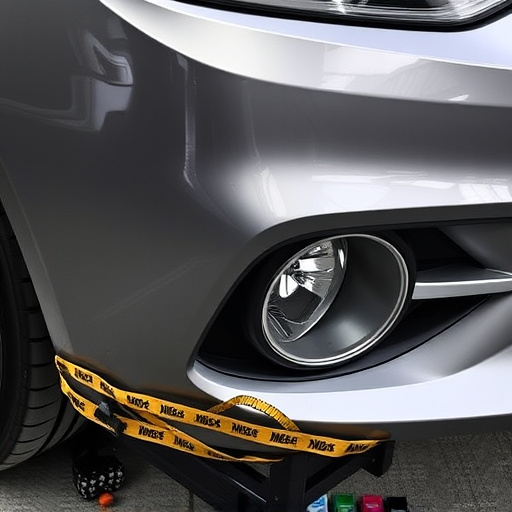
Plastic welding technology has revolutionized car bodywork services, offering numerous advantages that enhance both the quality and efficiency of vehicle repair. One of its key benefits is the ability to mend and restore plastic components, which are increasingly common in modern vehicles. This technique allows for precise repairs, ensuring a seamless fit and match with the existing car body, making it nearly impossible to detect the repaired area.
This technology finds extensive applications in dent repair, where it’s particularly valuable for handling complex geometric shapes and intricate designs often found on contemporary vehicle panels. It’s also widely used in various vehicle repair services, from repairing cracked bumpers to restoring damaged fenders, providing durable and long-lasting solutions that maintain the vehicle’s aesthetic appeal and structural integrity.
Safety Precautions When Using Plastic Welding Tech
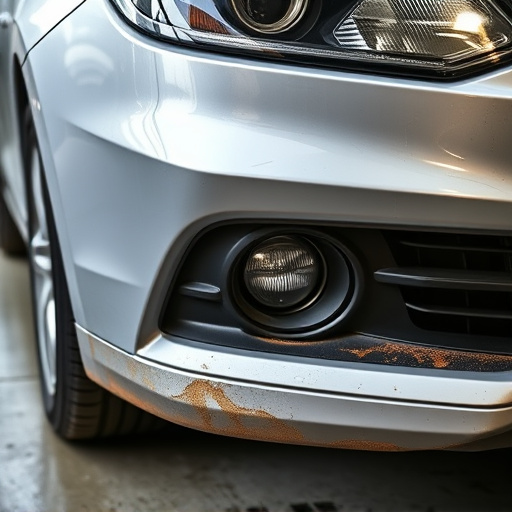
Using plastic welding technology in a collision repair shop or car repair shop requires stringent safety precautions due to the unique properties of plastic materials. Unlike metals, plastics have varying melting points and can release toxic fumes when heated excessively, making proper ventilation crucial. Technicians must wear protective gear, including respirators, to prevent inhalation of harmful vapors. Additionally, specialized welding guns and equipment designed for plastic are essential to ensure precise, controlled heating, minimizing the risk of burning or damaging the surrounding areas.
Proper training is paramount to adhering to safety standards. Technicians should be educated on the specific plastics used in modern vehicle manufacturing, their characteristics, and how to safely handle them during the welding process. Regular maintenance of equipment and adherence to manufacturer guidelines for plastic welding technology are also vital steps to ensure a safe working environment in any vehicle dent repair setting.
Plastic welding technology has emerged as a game-changer in auto repairs, offering precise and durable solutions for a wide range of applications. By understanding its advantages and implementing strict safety precautions, automotive professionals can leverage this technique to enhance repair quality, reduce costs, and ensure customer satisfaction. As the automotive industry continues to evolve, plastic welding technology will undoubtedly play a pivotal role in shaping the future of vehicle maintenance and restoration.
